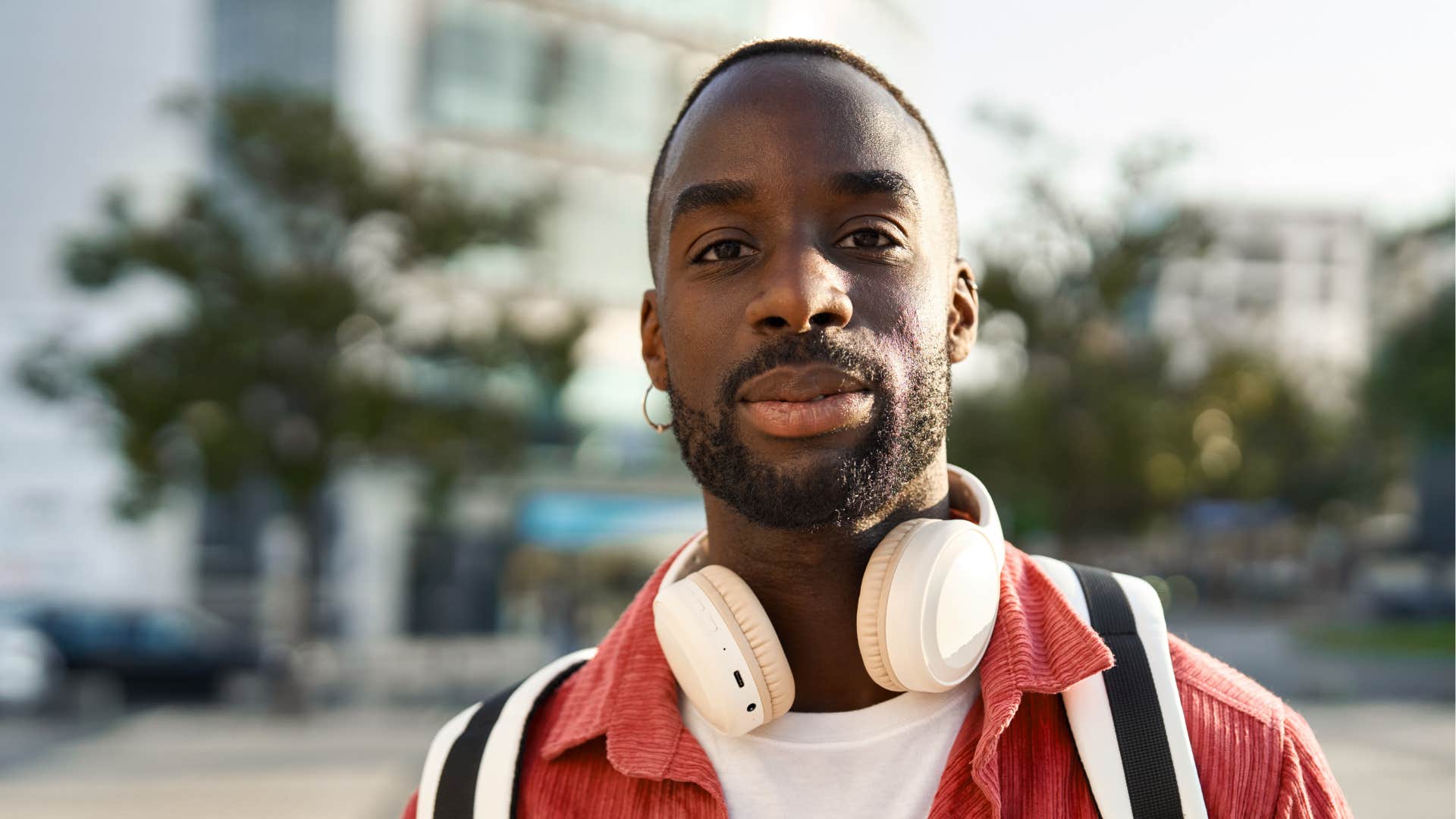People Who Wouldn’t Live In The Suburbs If You Paid Them Usually Have These 9 Reasons
Not everyone dreams of a lawn, a driveway, and a white picket fence.
 Zamrznuti tonovi / Shutterstock
Zamrznuti tonovi / Shutterstock To some, the suburbs are the ultimate dream. Peaceful streets, good schools, and a little space to call your own. But others feel living in the 'burbs is a hard no. They wouldn’t trade their apartment, city noise, or walkable neighborhood for anything, not even an affordable mortgage in a quiet cul-de-sac. While it can be hard for suburban fans to understand, the reasons usually run deeper than personal taste.
Sometimes it’s lifestyle, sometimes it’s values, and sometimes it’s an emotional memory. What looks like comfort to one feels like confinement to another. Some people can’t see themselves ever living in the suburbs, no matter how tempting the square footage or how generous the offer.
People who wouldn't live in the suburbs even if you paid them usually have these 9 reasons
1. They crave energy, not quiet
 Krakenimages.com via Shutterstock
Krakenimages.com via Shutterstock
For many, the buzz of the city or the pulse of a busy neighborhood makes them feel alive. Suburban life, with its wide streets and early bedtimes, can feel too slow, too predictable.
These are the people who want to walk out their front door and feel something happen, whether it’s a food truck festival or a guitar player on the corner. The absence of city energy can make the suburbs feel dull or isolating, and these people are all about movement, variety, and a sense of constant discovery.
2. They value walkability over driveways
 bbernard via Shutterstock
bbernard via Shutterstock
Owning a car might be a rite of passage in the suburbs, but for others, it feels like a burden. People who love dense, walkable communities enjoy the freedom of grabbing coffee, groceries, or dinner without needing to buckle a seatbelt.
The idea of driving everywhere, even for something simple, can feel like a daily chore. Parking, traffic, and car maintenance don’t fit into the lifestyle they want. They’d rather walk six blocks than deal with a commute.
3. They associate the suburbs with conformity
 Dan Rentea via Shutterstock
Dan Rentea via Shutterstock
For some, the suburbs trigger a deeper discomfort that feels more psychological than practical. It’s not just the similarity of houses or restrictive HOA rules. It’s the sense that there’s a right way to live, and everyone is expected to follow it.
That kind of structure can feel suffocating to people who value individuality, creativity, or offbeat living. Whether or not it’s fair, some associate suburban life with pressure to fit in, not stand out.
4. They grew up there and couldn't wait to leave
 insta_photos via Shutterstock
insta_photos via Shutterstock
Personal experience plays a huge role in where people feel at home. If someone grew up in the suburbs and felt bored, stifled, or misunderstood, they may associate that environment with frustration.
No matter how nice it looks now, they remember feeling like they didn’t belong. That emotional imprint can be hard to shake, even as an adult. Choosing not to return may be a little bit about rebellion, but mostly, it’s about preserving a sense of self.
5. They prioritize access to diversity and culture
 Krakenimages.com via Shutterstock
Krakenimages.com via Shutterstock
Living near theaters, art galleries, diverse restaurants, and unique experiences isn’t just a perk, it’s a priority for some. In many suburbs, culture is something you drive to.
But people who thrive on creativity and expression often want it to be part of their everyday surroundings. They want to overhear different languages, stumble on a pop-up market, or spend a Sunday in a museum without having to plan an entire trip. Suburbs often feel like cultural deserts in comparison, and for some, that’s a deal-breaker.
6. They find the suburbs emotionally lonely
 View Apart via Shutterstock
View Apart via Shutterstock
Quiet streets might seem peaceful, but they can also feel empty. There’s a kind of incidental connection that happens in more urban areas — small talk with the barista, seeing familiar faces on your walk, or bumping into someone at the bookstore.
In many suburbs, life is more contained. People drive into garages and close their doors, and spontaneous social moments are fewer and farther between. For those who crave organic interaction, that emotional silence can feel stark.
7. They reject the 'bigger is better' mentality
 Mia_Bon via Shutterstock
Mia_Bon via Shutterstock
Many suburbs are built on the promise of more: more space, more storage, more stuff. But not everyone sees that as a good thing. Some people find joy in smaller living — cozy apartments, minimalist design, or just not needing as much.
A large home with rooms that sit unused can feel overwhelming or wasteful. They don’t want to mow a lawn, clean three bathrooms, or fill up a basement with things they’ll forget they own.
8. They don’t want to deal with the commute
 PeopleImages.com - Yuri A via Shutterstock
PeopleImages.com - Yuri A via Shutterstock
One of the trade-offs of suburban life is distance, and for some, it’s just not worth it. Whether it’s the daily grind of a long commute or the effort it takes to visit friends, the time spent in transit can feel like lost hours.
They’d rather live smaller or pay more to stay close to work, culture, or community. For them, time is more valuable than space, and the suburban lifestyle can’t compete with that.
9. They simply feel more like themselves elsewhere
 Africa Studio via Shutterstock
Africa Studio via Shutterstock
At the end of the day, some people just feel out of place in the suburbs. They can’t quite put their finger on it. It’s not about the lawns or the stores or the neighbors exactly. It’s about how their body feels when they’re there.
Some environments energize you, and others drain you. People who avoid the suburbs often say it doesn’t feel like them, and that alone is enough of a reason to stay away.
Sloane Bradshaw is a writer and essayist who frequently contributes to YourTango.

